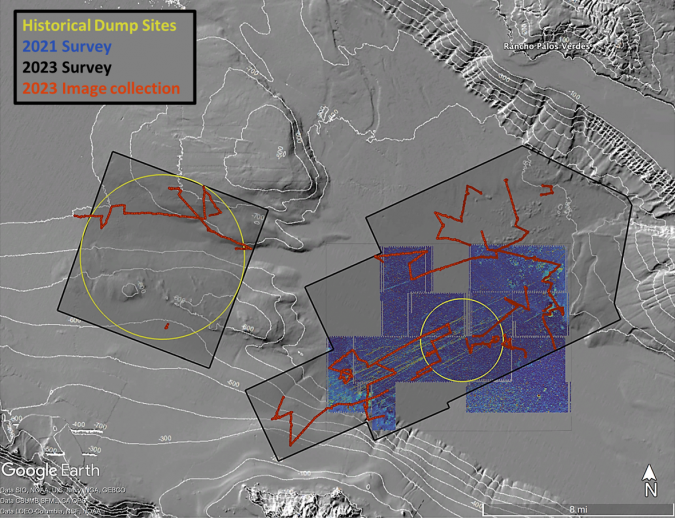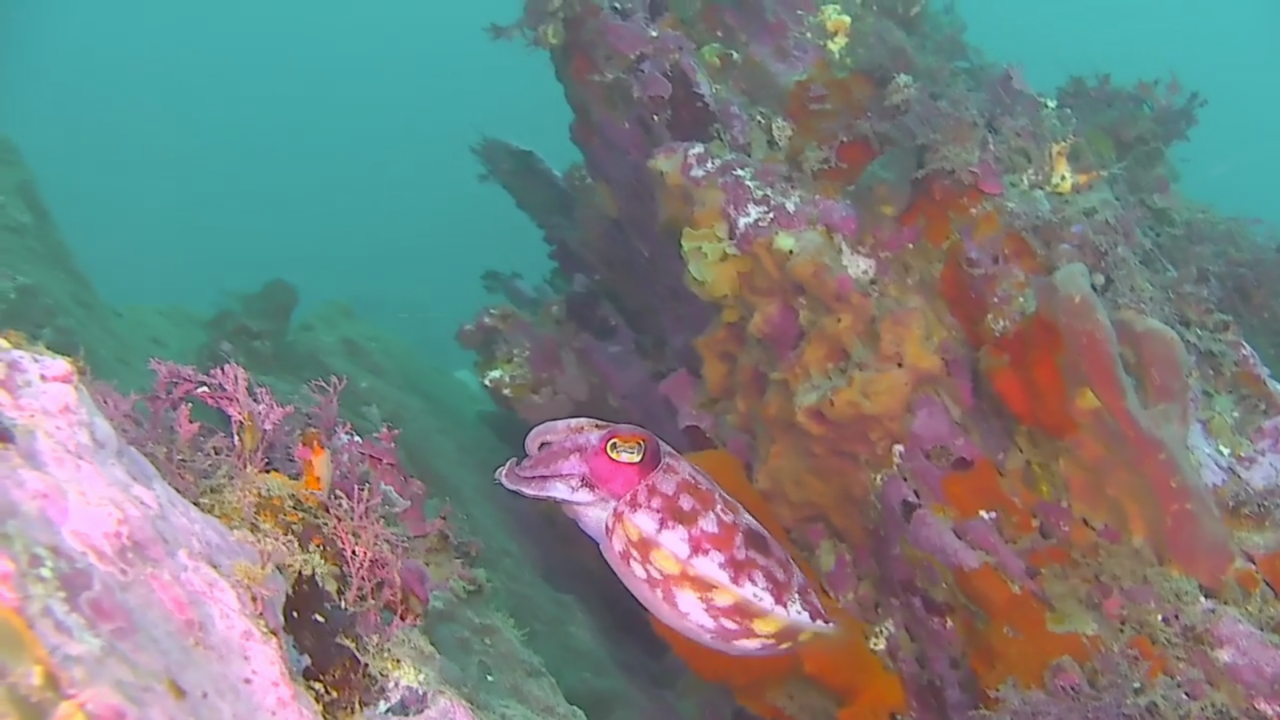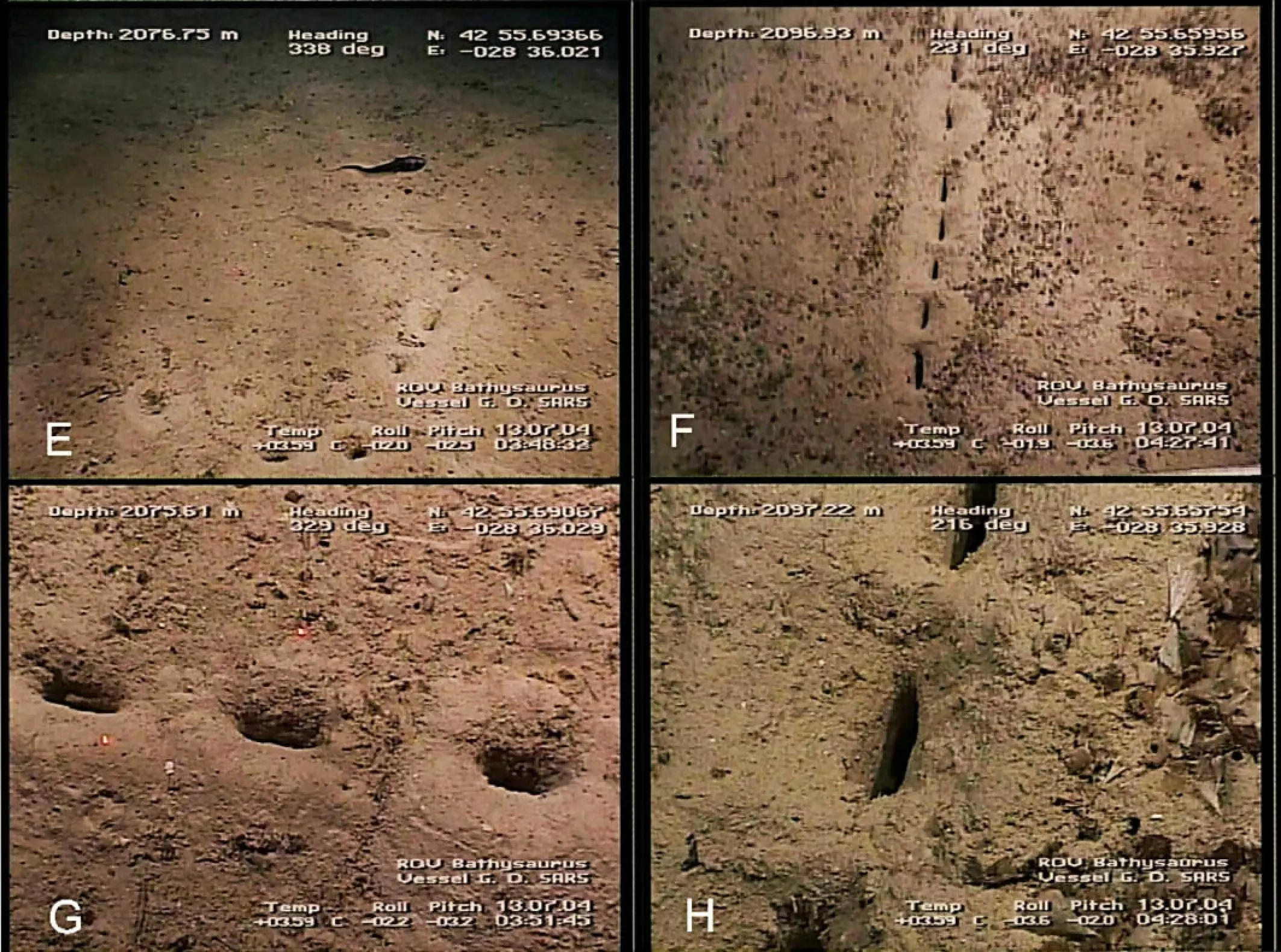The Great Barrier Reef gets most of the attention when it comes to the impact of climate change on reef health but the Great Southern Reef is in bigger trouble.
The Great Southern Reef is really a massive series of reefs that extend around Australia’s southern coastline, covering around 71,000 square kilometres from New South Wales around the southern coastline of Australia to Kalbarri in Western Australia. These reefs are home to some of the most productive kelp ecosystems on the planet, supporting sponges, crustaceans, fish, echinoderms (i.e. starfish and sea urchins) and many types of molluscs.
And these temperate reefs are suffering even more from heatwaves than the Great Barrier Reef!
Cool-temperate species inhabiting the Great Southern Reef are generally declining in number more rapidly and are more threatened with extinction, than tropical species. Most species on these temperate reefs are found nowhere else in the world (70% of the temperate species surveyed were endemic to Australia). Furthermore, temperate Australian species often have no close relatives. Examples include the red velvet fish (Gnathanacanthus goetzii) and the giant creeper snail (Campanile symbolicum). Both species sit alone in their families, and were found in researchers’ census to have rapidly declining populations.
Full article at: The Conversation 23march23



